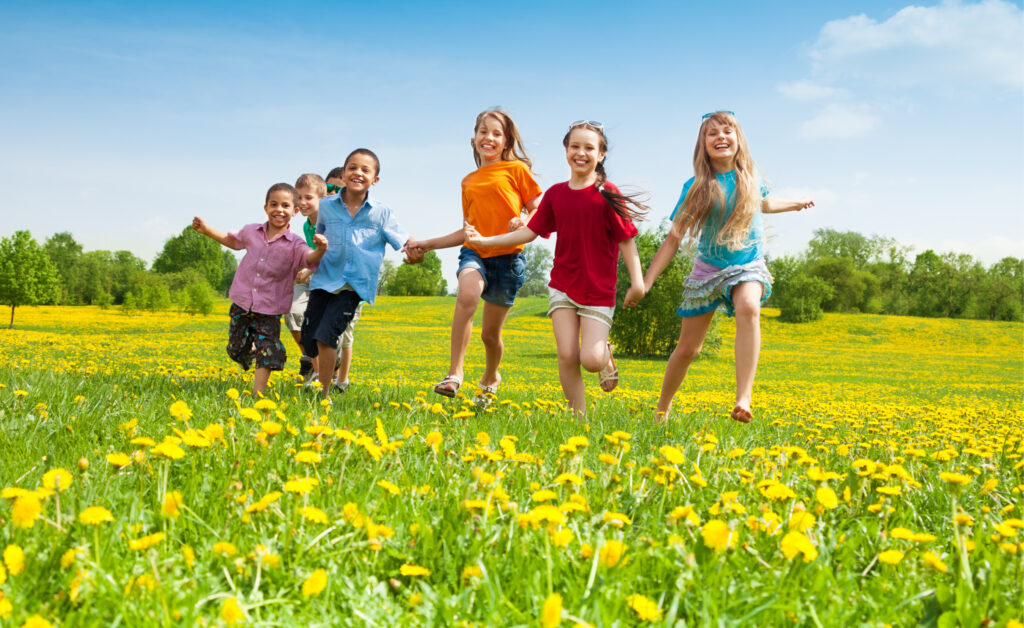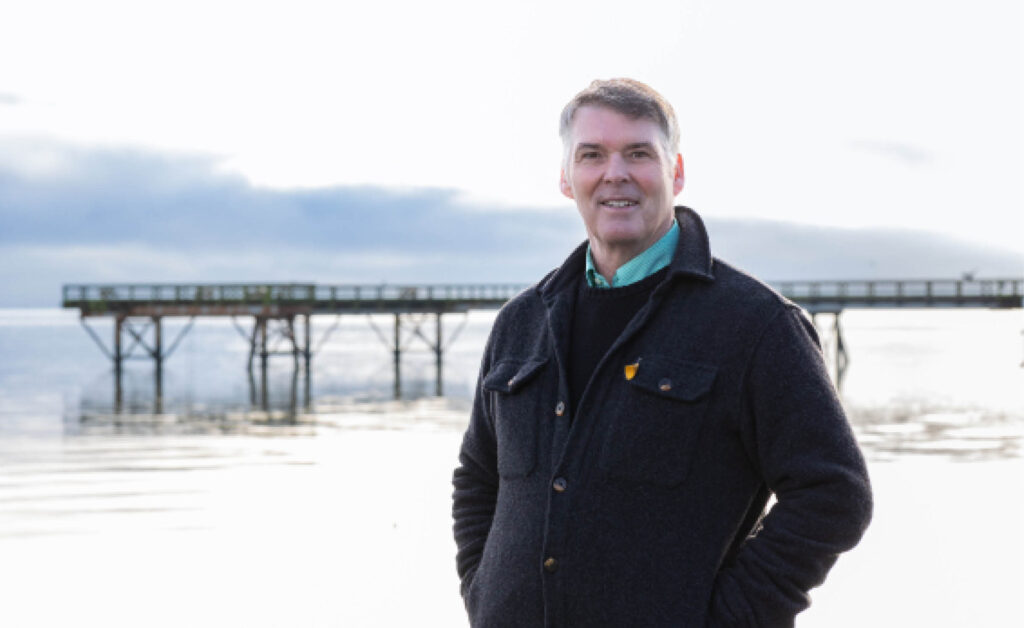by Tina Kelly –
It’s not typically a good thing. The phrase “kids these days,” often muttered out of exasperation, and accompanied by an eye roll or head shake, highlights a belief the current generation is different than those before and different in a negative way.
Yet kids these days have access to new and different education. There is “new” math (don’t ask me) but there is also curriculum content on local ecosystems, water conservation, climate change, sustainability of resources and more.
I recently facilitated a field trip for a group of grade five students from Oak Bay. The program focused on the biology and conservation of endangered Southern resident killer whales. At the end of the presentation, I asked the students to form small groups, and keeping endangered species and the health of the ocean in mind, answer two questions. Often questions are met with silence and shrugs save for one or two outspoken students, but this class, with no prompting of suggestions or ideas, collectively made short work of their answers.
What do I already do for the environment?
- When I see trash on the ground, I pick it up
- Eat everything on my plate
- Don’t litter
- Try not to use glitter and plastic straws
- Use the compost
What can I do better?
- Buy stuff that creates less garbage
- Encourage others to stop or not litter
- Use more environment-safe products
- Eat less salmon
- Eat less sushi
- Use reusable products
- Walk more
- Eat Ocean Wise
- Install a heat pump
Witnessing the quality and breadth of these answers made me hopeful. The students had clearly come for a field trip after classroom learning about conservation and the Salish Sea. A fifth-grade student may not have the power to install a heat pump, but perhaps they can influence the shopping list, dinner menu or other habits their family can lean into.
A Peninsula middle school offers a grade eight level class focused on learning from the land and sea, and living sustainably. Outside of school and field trips, children may learn about environmental sustainability through camps, clubs, friends or books.
Be curious about what children are learning outside the home, harness that knowledge, support them in further learning and empower them to influence change. Talk to your kids, or grandkids, about the same two questions – give yourself a pat on the back for anything you already do for the environment and discuss what other positive change you can work towards.
Kids these days – they’re learning about environmental issues and conservation initiatives; use them as a resource and demonstrate you are invested in a healthy planet for their future.




